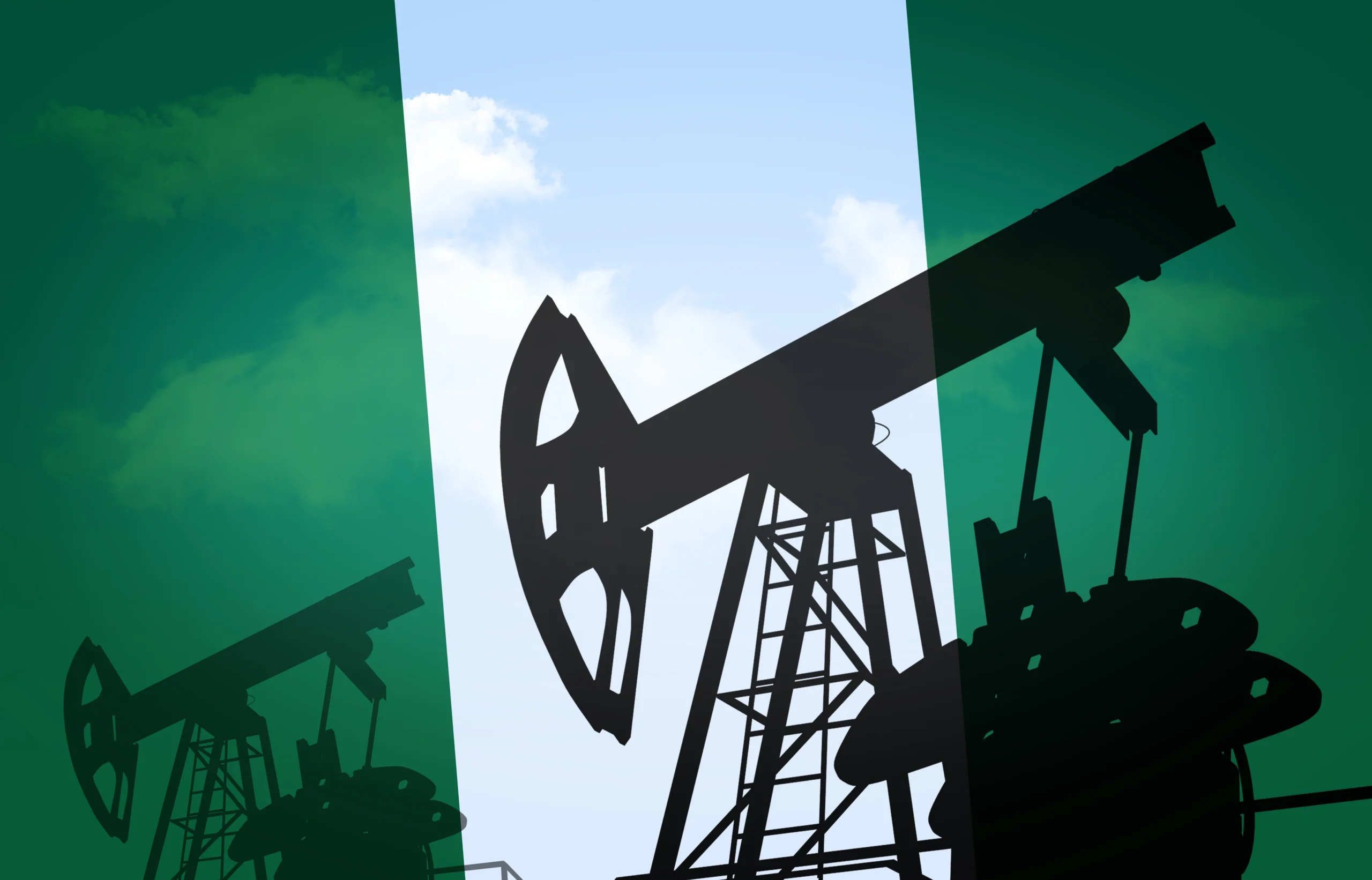The search for oil in Nigeria started about 1908 when the Nigerian Bitumen Co. & British Colonial Petroleum commenced operations around Okitipupa which was truncated because of the first world war. Thereafter D’Arcy Exploration Company and Whitehall Petroleum attempted some exploration works but due to lack of commercial discovery, both companies surrendered their licences in 1923. The next exploration efforts which started in 1937 came with Shell D’arcy Petroleum Development Company of Nigeria, which was a consortium of Shell and British Petroleum, which later became Shell-BP. However, this second effort was suspended in 1941 due to World War II, and resumed activities after the war, to drill the first deep exploration well in 1951 at Ihuo, 16 kilometres northeast of Owerri, at a depth of 11, 228 feet, but no oil discovery. A second well, the Akata well drilled in 1953 found oil but not in commercial quantity and was thus plugged and abandoned 1954. (Akanmidu, 2015). Nigeria found its first commercial oil well when Shell BP drilled Oloibiri well-1, now Bayelsa State, in 1956, and then exported its first 5100 bbls in 1958, making Nigeria an oil producing country. The company then became the sole concessionaire of the entire Nigeria. Several other multinational companies followed the scene such as Mobil, Elf-Safrap, Agip, and Texaco, Gulf Oil, Phillip Oil, thus making oil exploration and production an entirely multinational affair. With more exploration works, Nigeria daily production output output grew to more than 2 million barrels in the early seventies. With this success, the government in the 1990s introduced the Indigenous participation programme with the issuance of eleven licences in 1991 and an additional 17 licences by 1997. However, the first Indigenous company Dubri Oil was assigned Gele Gele oil field in 1987, which was discovered in 1967 by Phillips Petroleum Company. The Marginal Field Rounds came in in 2003 when the Federal Government awarded 24 Marginal fields to 31 indigenous companies. A second marginal fields bid round was conducted in 2020 with a total of 57 fields.
The Nigerian Government through NNPC-Limited discovered its first Northern Oil and Gas Field, the Kolomani River Field located straddled between Gombe and Bauchi State in 2019. With an estimated reserves of 1 billion barrels and 500 bcf (14 bcm) of gas, the Kolomani River fields cut across OPL 809 and 810 within the Upper Benue Trough, Gongola Basin, in the North-Eastern part of the country as shown in figure 8 below. Already, a contract worth $ 3 billion for an integrated oil and gas development project has been signed to provide an in-situ integrated development plan, which guarantees evacuation and monetisation route for the hydrocarbon in the location, thereby eliminating the high cost and burden of building a crude and product pipelines. The first phase of the integrated development project would entail an oil refinery of up to 120,000 barrels per day capacity, a gas processing plant of up to 500 million standard cubic feet per day, a power plant of up to 300-megawatt capacity and a fertiliser plant of 2,500 tons per day.

Geological Map of Nigeria showing the Gongola basin and Kolmani River-1 Well. Source: Nwojiji etal, 2014.
To properly regulate and manage the new oil and gas industry in the country, the Federal Government set up the Department of Petroleum Resources (DPR) Inspectorate in 1970, shortly before it joined the Organization of the Petroleum Exporting Countries (OPEC)in 1971, and the establishment of the National oil company, Nigerian National Oil Corporation (NNOC) also in 1971. The NNOC later became the Nigerian National Petroleum Corporation (NNPC) in 1977. A major milestone was achieved in August 2021, when President Muhammadu Buhari signed the Petroleum Industry Bill (PIB) into Law as the Petroleum Industry Act, 2021 with the key objective of providing legal, governance, regulatory and fiscal framework for the Nigerian petroleum industry, and the development of host communities and related matters. The legislation repealed the NNPC Act and made it NNPC Limited, a commercially oriented and profit driven national petroleum company independent of the government and audited annually. The Act also scrapped the Department of Petroleum Resources (DPR) and replaced it with two new regulators, the Upstream Regulatory Commission, and the Midstream / Downstream Regulatory Authority. It also empowered the the Minister of Petroleum Resources to award leases and granting approval on assignment of interest on the recommendation of the Commission. There is also the frontier exploration fund which is 30% of NNPC Limited’s profit oil and gas, the Midstream and Downstream Gas Infrastructure Fund (0.5% of wholesale price of petroleum products and natural gas sold in Nigeria), the Decommissioning / Abandonment Fund and the Host Community Fund (3% of operating expenditure incurred in prior year). (Ajayi et al 2021).


Leave feedback about this